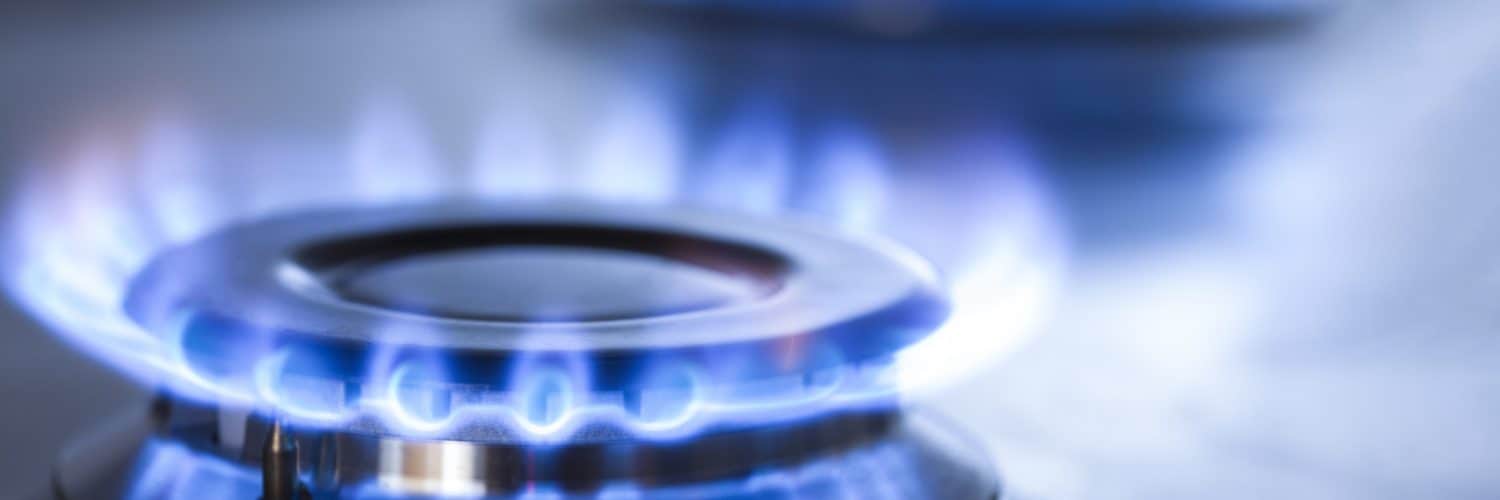Market volatility continued this week, with Henry Hub natural gas futures reaching an over-priced high of US$3.369/MMBtu on Tuesday, June 15th, before pulling back to close at US$3.240/MMBtu, ending a five-day rally. Henry Hub prompt-month futures for July are trading at US$3.23/MMBtu as of 1pm EDT Thursday afternoon. Supply change disruptions in the Texas Eastern Transmission (TETCO) pipeline, that could be extended for months, increased cooling demand and strong liquefied natural gas (LNG) exports continue to put upward pressure on natural gas prices. In the June Short-Term Energy Outlook report, the U.S. Energy Information Administration (EIA) estimates dry natural gas production averaged 92.2 Bcf/d in May 2021, compared with 87.8 Bcf/d in May 2020, which marked the low point for U.S. natural gas production during the pandemic. The EIA expects natural gas production in the U.S. to continue to grow through 2022, averaging around 94.8 Bcf/d for November and December 2022. The EIA estimated working gas storage was 2,427 Bcf for the week ending June 11th, following an overall minimal injection of 16 Bcf. Actually, the EIA indicated an injection of 67 Bcf for the week, which was slightly lower than market expectations ranging from 68-74 Bcf, but a large one-time reclassification in the Pacific region reduced the actual storage change to only 16 Bcf. Storage levels are now 15.7% below year-ago levels and, relative to the five-year average, 4.9% less.
In Canada, June spot market prices continue to increase compared to the week prior as AECO is averaging $3.08/GJ month-to-date, and the Dawn spot price is averaging $3.43/GJ. Prompt-month futures for AECO are trading at C$3.12/GJ, while Dawn is trading at C$3.58/GJ. Prices have continued their upward trend, with week-over-week increases of $0.10/GJ and $0.17/GJ at AECO and Dawn, respectively. Canadian natural gas storage for the week ending June 11th, 2021, was sitting at 407 Bcf, after an overall injection of 13 Bcf. This injection increases storage inventories to 66 Bcf below the 5-year average and 67 Bcf below storage levels last year at this time. Eastern storage levels are now at 50% capacity and Western storage is 48% full.
– Karyn Morrison, Energy Advisor / Grace Wilton, Senior Energy Advisor








Add comment